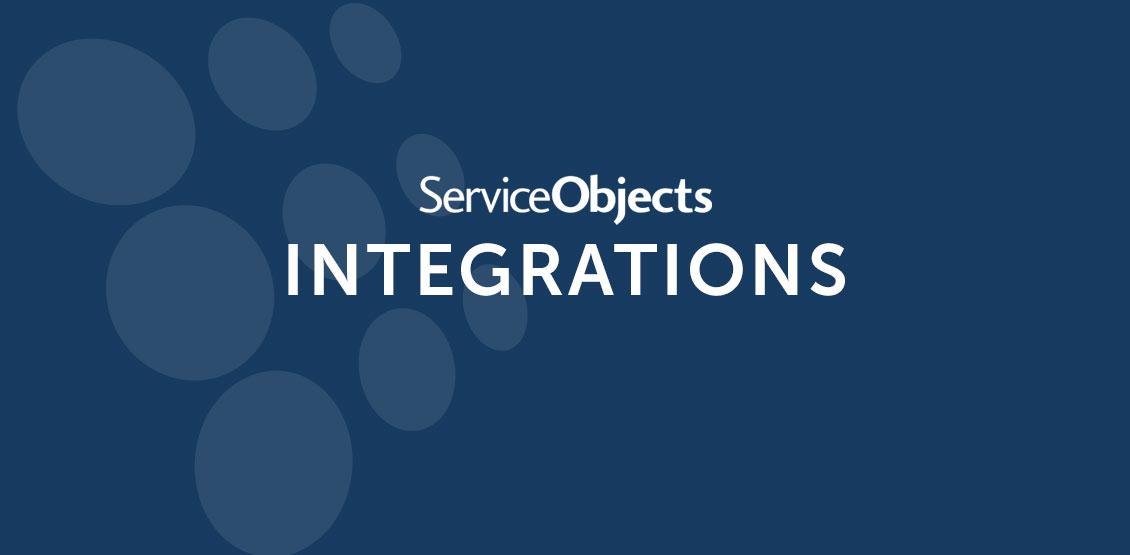Unless you’ve been living under a rock for the past couple of years, you know that data privacy and security laws have become a big thing worldwide. Between Europe’s GDPR regulation, Canada’s PIPEDA laws and others, consumer’s rights over their own personal data became one of biggest issues of 2018 for CIOs and CDOs who do business internationally. But what about here in the United States?
Now we have some numbers behind public opinions on this issue, thanks to a recent survey from software giant SAS. The results show that many of the same concerns that led to regulations such as GDPR are top-of-mind among Americans, and should inform the way data professionals look at their contact data assets in 2019 and beyond.
What the survey says
In July 2018, SAS surveyed over 500 adult US consumers from a variety of socioeconomic levels about their opinions on data privacy. Here are some of the key conclusions from this survey:
People are concerned. Nearly three-quarters of respondents are more concerned about data privacy than they were a few years ago, with more than two-thirds also feeling their data is less secure. The biggest areas of concern? Identity theft, fraud, and personal data being used or sold without consent.
They want more regulation. 67% of respondents felt that government should do more to protect data privacy, while fully 83% would like the right to tell an organization not to share or sell their personal information. A large majority would also like the right to know how their data is being used, and to whom it is being sold.
Consumers are more savvy about privacy. Roughly two-thirds of respondents (66 percent) acknowledge that primary responsibility for their data security rests with them, and a majority are able do things like changing privacy settings. Notably, close to a third of people have reduced their social media usage and online shopping over these concerns.
Trust must be earned. Trust in organizations for keeping personal data secure vary widely, from highs of 46-47% for healthcare and banking organizations to roughly 15% for travel companies and social media.
Age matters. Older consumers value privacy more than young ones and are least willing to provide personal information in return for something (36% for Baby Boomers versus 45% for Millennials). However, this does not mean that young consumers live in a post-privacy world, with 66% of Millennials expressing concern over the security of their personal data.
What this means for data privacy – and for you
One important take-away from this study is that, whether or not we have a US version of GDPR some day – a direction favored by these survey results – the trend is clearly toward increasing consumer concerns over data privacy and security over time. This means that data professionals need to prepare for the very real possibility of increased regulation and compliance issues on the horizon.
These survey results also mean that even in the absence of regulation, your organization’s data policies can have a very real and tangible impact on brand image and consumer trust, which in turn affect your bottom line. The fact that some people are reducing their social media use and online shopping, for example, should be a warning for everyone to start paying more attention to data privacy and security concerns.
Finally, these results are another sign that more than ever, businesses need to get serious about contact data quality in 2019. Tools from Service Objects such as address, email and phone validation can help ensure that your contact data assets are accurate, and prevent unsolicited marketing contacts to mistaken or bogus entities – and in the process, give you higher quality leads and contacts.
Want to learn more? Contact us to speak with one of our knowledgeable product experts about improving your data quality in the new year.













